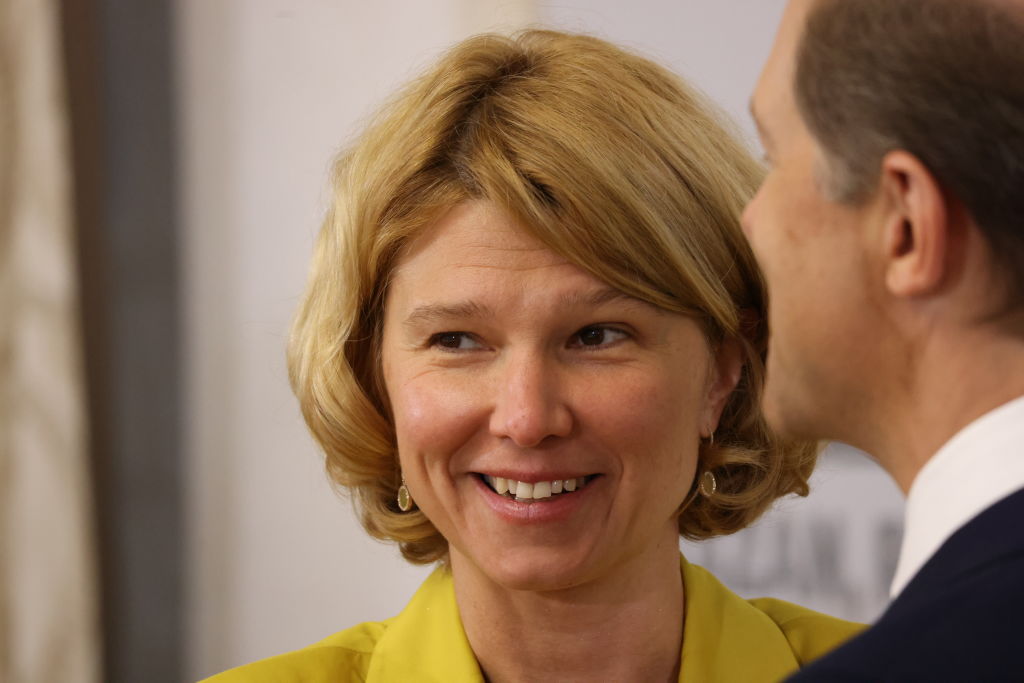Russia’s efforts to gain access to China’s vast wheat market have stalled due to Beijing’s reluctance to authorize imports of Russian winter wheat, Agriculture Minister Oksana Lut was quoted as saying by Russian news agencies on Tuesday.
Russia is the world’s top wheat exporter, and Lut is part of a delegation of officials and business leaders accompanying President Vladimir Putin on a visit to China, where President Xi Jinping hosted a summit of more than 20 leaders from non-Western countries.
After several record years, China and Russia are seeking ways to bolster weakening trade. The two countries signed major energy agreements during Putin’s visit, but Lut acknowledged there had been no progress on wheat.
“We are very hopeful because we do not quite understand the rationale for rejecting winter wheat,” Lut was quoted as saying.
Russia is selling a range of its agriculture products from pork to vegetable oil to ice cream to China but a major wheat deal between the world’s top when exporter and the world’s largest wheat consumer remains elusive.
Lut’s remarks contradicted the general upbeat tone from Putin’s four-day visit aimed to strengthen the “no limits’ partnership between neighbours. In a separate note, the ministry said Russian agriculture exports to China have grown by 10% this year.
Russia currently sells most of its wheat to traditional customers in the Middle East and North Africa via its Black Sea grain terminals, but it is looking to diversify into new markets in Asia and Latin America.
China allows imports of some Russian spring wheat, but the bulk of Russia’s export-quality wheat is winter wheat. Despite its geographic position, Russia currently lags leading grain suppliers to China, such as Canada and Australia.
Russian Grain Union lobby head Arkady Zlochevsky said earlier this year that there was no top-level political decision in China regarding Russian winter wheat imports. Talks at a ministerial level in May during Xi’s visit to Moscow yielded no results.
“It is exactly the same wheat as spring wheat, and it is subject to the same phytosanitary requirements regarding the absence of quarantine organisms,” Lut was quoted as saying.
-Reuters










